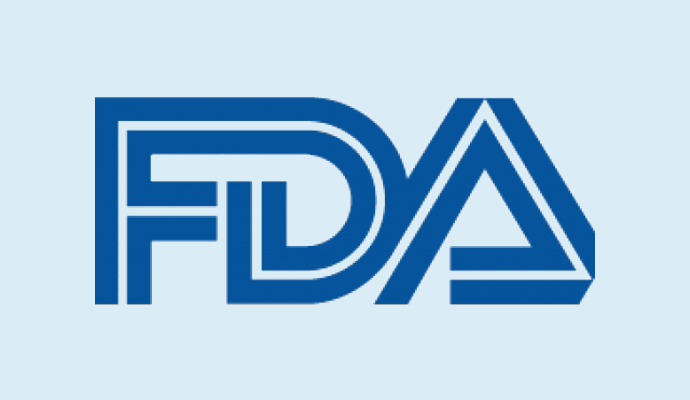The new article highlights the key points related to potential failure of a responsible party to comply with a requirement to conduct a post-approval study, and also to the situations when information about post-approval studies is being disclosed.

Table of Contents
The Food and Drug Administration (FDA or the Agency), the US regulating authority in the sphere of healthcare products, has published a guidance document dedicated to procedures for handling post-approval studies imposed by premarket approval application orders. The document is intended to provide additional clarifications regarding the regulatory requirements set forth under the existing regulatory framework, as well as recommendations to be taken into consideration by medical device manufacturers, study sponsors, and other parties involved in operations with medical devices allowed for marketing and use in the US. At the same time, it is also important to mention that guidance documents issued by the FDA are non-binding in their legal nature, nor are intended to introduce new rules or impose new obligations, apart from the ones prescribed by the respective regulations. Moreover, an alternative approach could be applied, provided such an approach is in line with the applicable legislation and has been agreed with the authority in advance.
In accordance with the current regulatory framework, approval to supply medical devices in the US could be conditional on post-approval studies to be conducted in order to collect additional data regarding the safety and effectiveness of the medical device in question.
Failure to Complete a Post-Approval Study Requirement
The scope of the guidance covers, inter alia, the aspects related to the failure of a responsible party to comply with the requirement associated with a post-approval study, imposed by a respective order issued by the authority. The FDA acknowledges that under certain circumstances it could be impossible to complete a post-approval study (PAS) requirement – for example, a medical device in question could be subject to recall or voluntary withdrawal. It is further stated that if FDA believes that PAS cannot be completed as designed or can no longer address the study questions, FDA intends to discuss with the sponsor the need to redesign the PAS and establish a new PAS protocol and timelines to fulfill the PAS requirement. In this respect, the authority encourages study sponsors to get in touch as early, as possible, in order to discuss the issues arising regarding the PAS requirement they are subject to.
Should it be identified by the authority that a PAS requirement has not been fulfilled, and the appropriate justification hasn’t been provided, various actions could be taken by the authority. For instance, the FDA may even initiate a withdrawal of an approval granted under the condition that a post-approval study will be duly conducted. Furthermore, failure to comply with a said requirement constitutes a prohibited act, and the device in question could be considered misbranded. This could create grounds for enforcement actions to be taken by the authority, such as seizure, injunction, prosecution, or civil money penalties.

PAS Information: Public Disclosure
The document also describes the approach applied with respect to public disclosure of post-approval study information. First of all, it is stated that such information will be made available on the authority’s website. When posting such information, the authority will follow the requirements set forth under the applicable legislation on the confidentiality of data and information. According to the guidance, information published by the authority may include:
- General information, e.g., PMA number, name of the sponsor and medical device in question, the sphere of application, the date when the respective PMA order has been issued, etc.
- General PAS Parameters, such as study design or sources of data used.
- Detailed PAS Parameters, including but not limited to the detailed description of the study design, population, and endpoints.
- Interim PAS Report Data, including the information that could be beneficial for public awareness. It is stated that if the PAS protocol does not include an interim data release plan, FDA intends to post PAS interim summary data and/or FDA analyses thereof when appropriate to protect public health, such as in cases where interim results raise safety concerns, serve to provide critical device performance information, or may otherwise impact treatment. It is explained that disclosure of such data is considered to be permitted as it is in line with the corresponding laws on disclosure. For instance, the data disclosed may include the details on the number of subjects or sites enrolled, as well as the interim findings related to the safety and effectiveness of a medical device in question.
- Final PAS Report Results; and
- Reporting Information.
Apart from being posted on the authority’s website, the information pertaining to a post-approval study could be shared with Advisory Panels involved in the process, since the authority may request additional advice from them when deciding on the initiation or progress. As explained by the FDA, such panels and comprised of external experts conducting an independent review and providing their recommendations to the authority.
In summary, the present guidance describes the potential consequences a party responsible for a medical device could face, should it fail to comply with a PAS requirement prescribed by a respective order if a sufficient justification will not be provided to the FDA. The document also provides details about the way the information about post-approval studies will be disclosed and also outlines the scope of information and data subject to disclosure.
Sources:
How Can RegDesk Help?
RegDesk is a next-generation web-based software for medical device and IVD companies. Our cutting-edge platform uses machine learning to provide regulatory intelligence, application preparation, submission, and approvals management globally. Our clients also have access to our network of over 4000 compliance experts worldwide to obtain verification on critical questions. Applications that normally take 6 months to prepare can now be prepared within 6 days using RegDesk Dash(TM). Global expansion has never been this simple.

